It’s been heartening to see Taiwan’s cinema continue to grow and break out of the tired tropes that kept the scene from reaching its potential for years. This year’s offerings continued last year’s effort of exploring the lives of those who are disadvantaged or different, and while this resulted in some suffocating, drawn-out affairs, the emotional impact lingers. This reviewer did not get to see every acclaimed film — missing out on Golden Horse favorite My Missing Valentine (消失的情人節), for example, but here is my personal top five (in no specific order):
I WeirDo (怪胎)
Featuring two lovers who are drawn together because they both suffer from obsessive-compulsive disorder (OCD), this surreal piece is not so much about mental health but more an allegory exploring change in relationships. They promise each other that they will never change, but what happens when one of them wakes up and is suddenly free of the condition? It’s a simple, light-hearted tale with endearing characters, and most of all it does not trivialize or make light of the disorder, portraying it in sympathetic fashion.
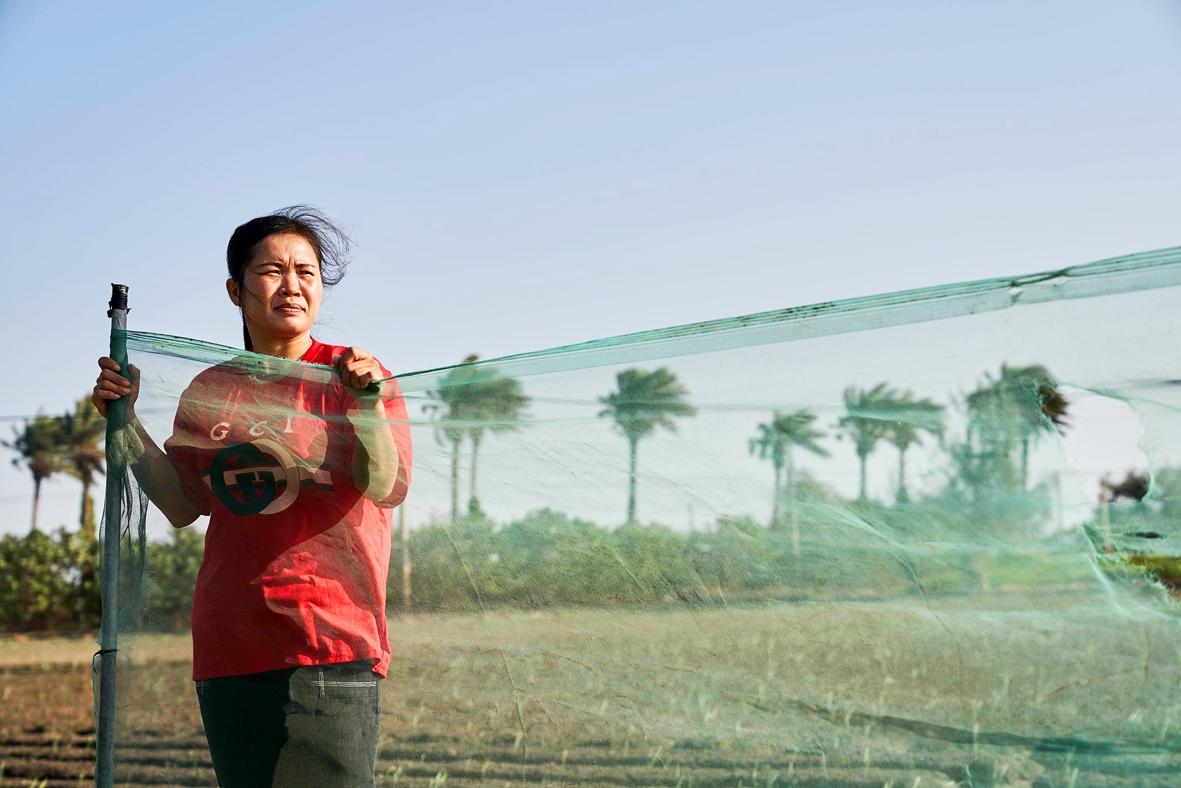
Photo courtesy of Hooray Films
Dear Tenant (親愛的房客)
Featuring a man who selflessly cares for his dead lover’s elderly mother and young son, this film tenderly explores the limits of unconditional love and the judgment and misunderstanding society still exhibits towards homosexuality. Not only do people misunderstand his devotion to the family, even after he reveals the details of the relationship, he’s accused of murdering his late partner’s mother and adopting the son to claim their house and property. It moves at a suffocating pace, but is ultimately deeply moving and heartbreaking.
Eclipse (媽!我阿榮啦)
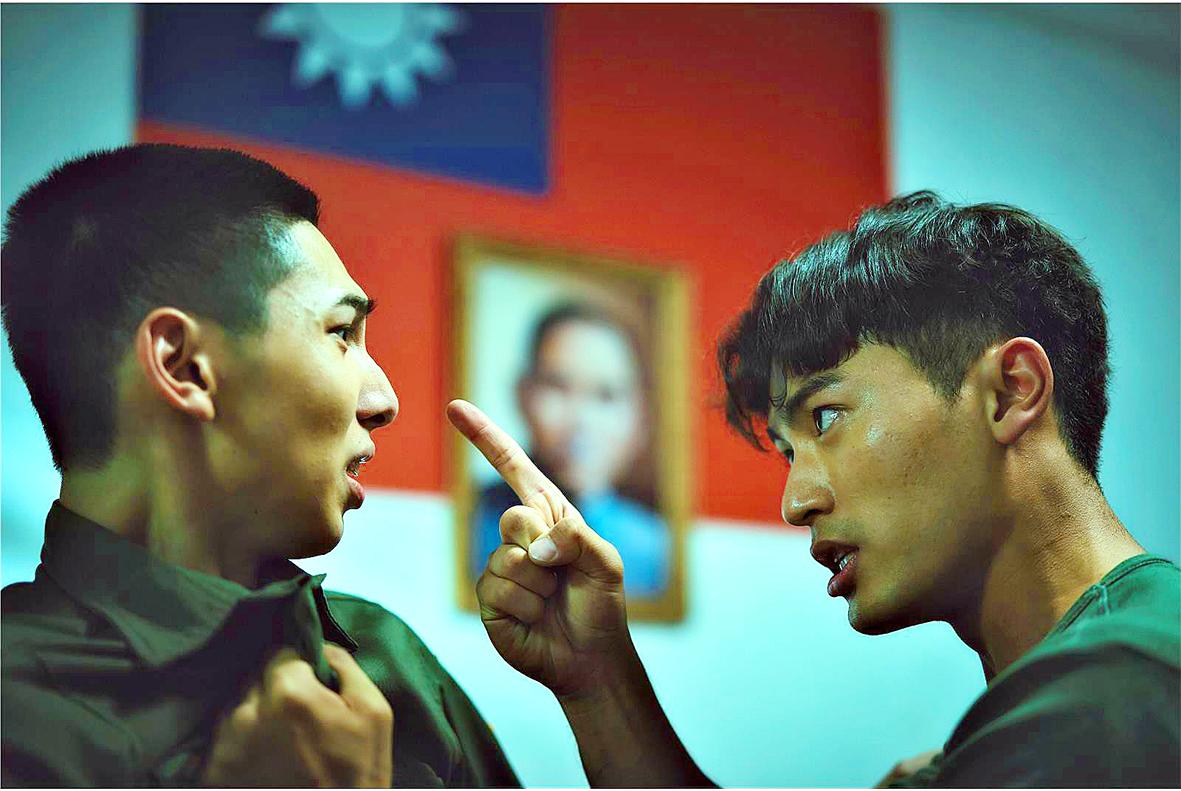
Photo courtesy of atmovies.com
This film is Taiwanese wackiness at its best, taking a popular 1990s “Iron Ox” herbal remedy television commercial and running with it for 83 minutes into a suspenseful social critique. Since the ad features young military conscript A-jung calling his mother and telling her how effective the remedy is, whenever it appears on television today people joke that A-jung has been stuck in the army for two decades. He actually does get trapped on the same day in the movie, and his numerous attempts to escape forms the basis of this smart, dark and highly-relevant mystery thriller.
Classmates Minus
This absurd, irreverent satirical romp hits close to the heart for Taiwanese men who are on the cusp of entering middle age, exploring their missed opportunities, mundane realities and the things they yearn to achieve and prove before they get too old. It pretty much follows four high school buddies who still live in the southern hometown they grew up in, each dealing with their issues while regularly gathering at a local tea shop to smoke cigarettes and play cards. The characters’ lives may be jumbled and confusing but they’re all straightforward, likeable fellows — and beneath the film’s wackiness and relentless parody is permeating sadness and despair that lingers long after the laughter ends.
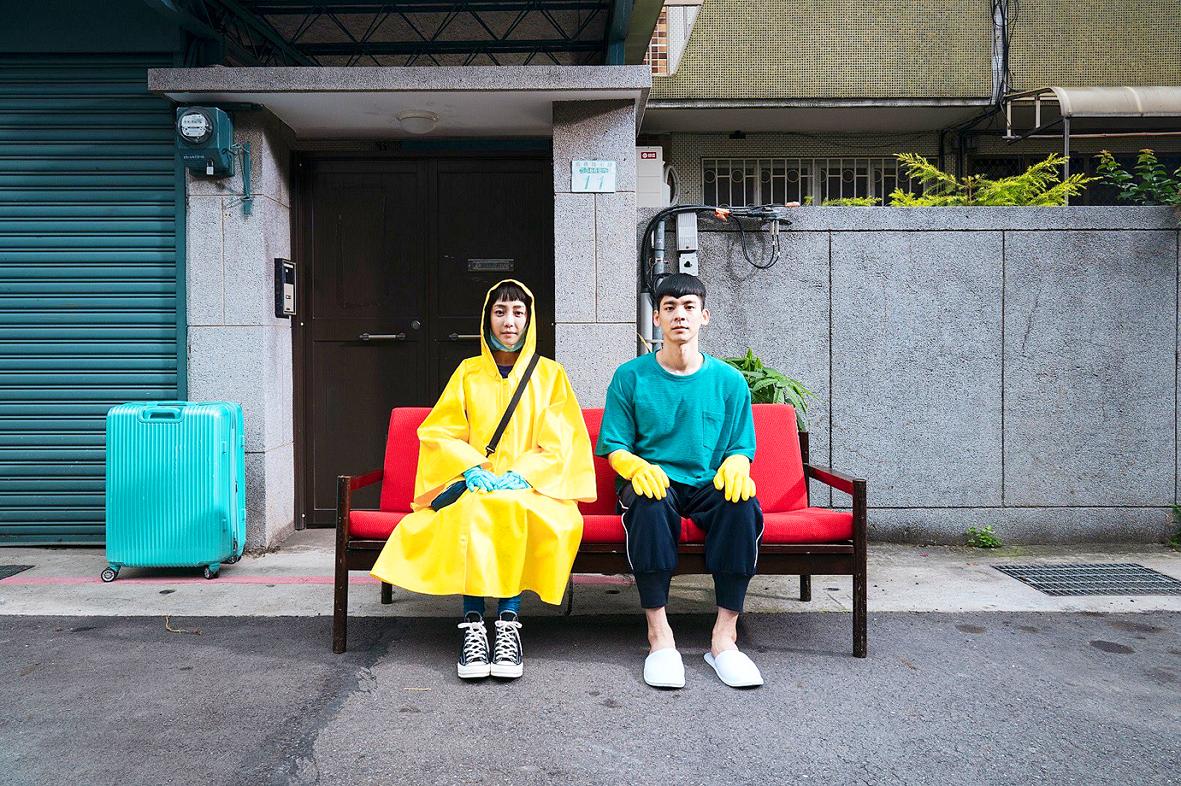
Photo courtesy of Activator Marketing Company
The Good Daughter
Another poignant slow-burner, this precisely-edited documentary explores the nuances and unspoken subtleties underneath the increasingly common transactional arrangement of Taiwanese men purchasing foreign brides. It lacks drama, but the audience becomes engrossed in the story of Azhe, who endures an uneventful, hardscrabble life with a disabled garlic farmer in Yunlin County, while sending as much money as she can to her destitute family back home. What makes up for the lack of action and plot is the brutal honesty and helpless resignation to fate that the director manages to draw out of all the characters. They don’t long for happiness, and this is the best they can do. But even so, the film reminds us that they’re still as complicated as any other human being.
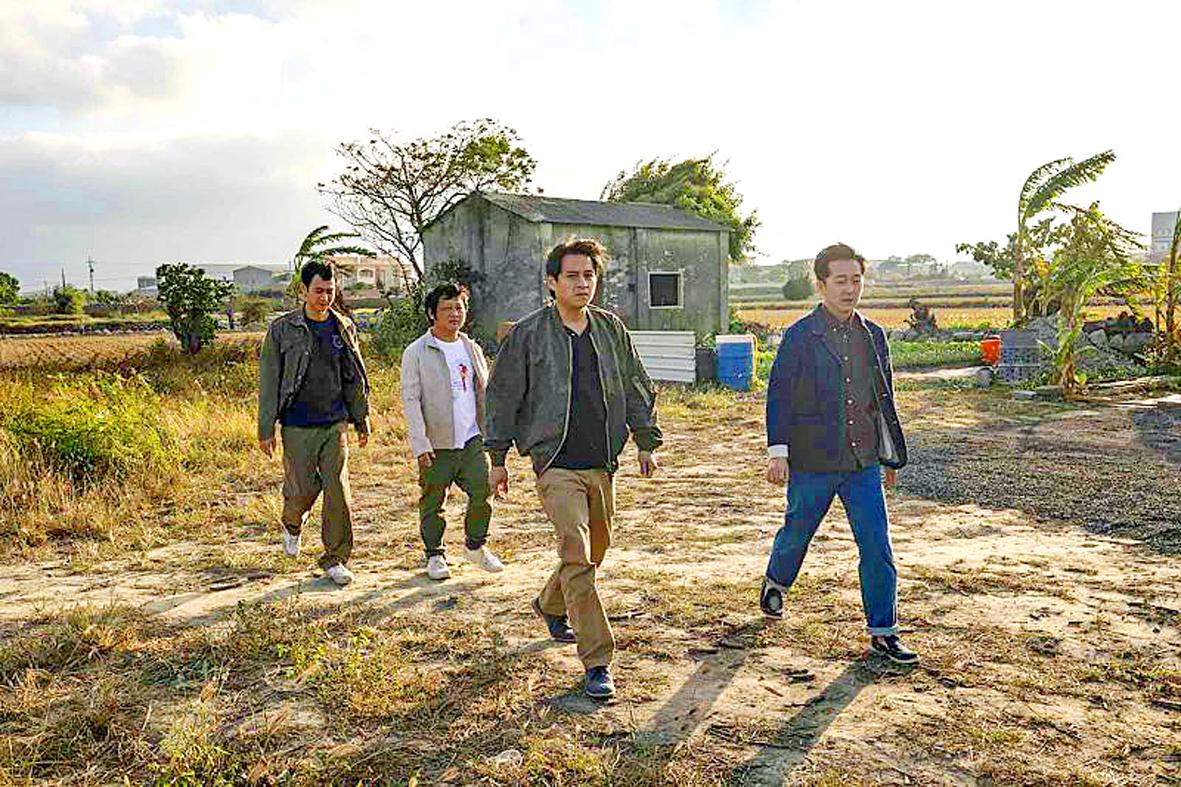
Photo courtesy of Applause Entertainment
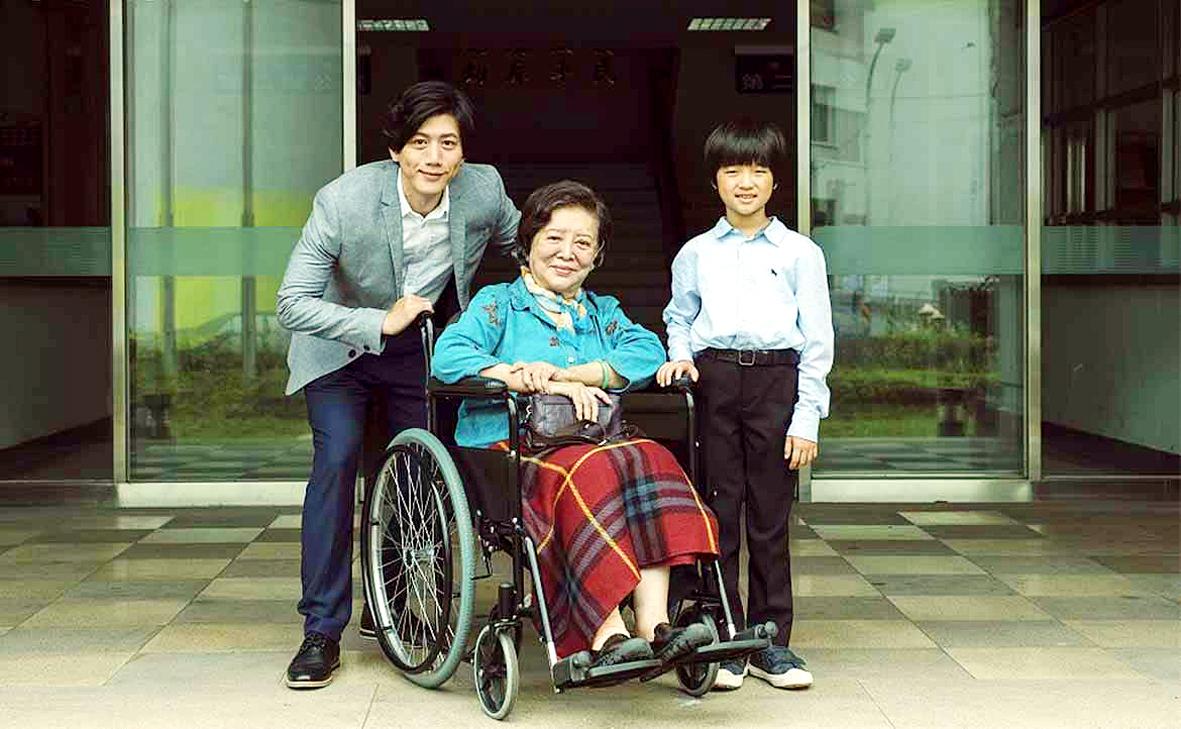
Photo courtesy of Activator Marketing Company

In the March 9 edition of the Taipei Times a piece by Ninon Godefroy ran with the headine “The quiet, gentle rhythm of Taiwan.” It started with the line “Taiwan is a small, humble place. There is no Eiffel Tower, no pyramids — no singular attraction that draws the world’s attention.” I laughed out loud at that. This was out of no disrespect for the author or the piece, which made some interesting analogies and good points about how both Din Tai Fung’s and Taiwan Semiconductor Manufacturing Co’s (TSMC, 台積電) meticulous attention to detail and quality are not quite up to

Chinese Nationalist Party (KMT) Chairman Eric Chu (朱立倫) hatched a bold plan to charge forward and seize the initiative when he held a protest in front of the Taipei City Prosecutors’ Office. Though risky, because illegal, its success would help tackle at least six problems facing both himself and the KMT. What he did not see coming was Taipei Mayor Chiang Wan-an (將萬安) tripping him up out of the gate. In spite of Chu being the most consequential and successful KMT chairman since the early 2010s — arguably saving the party from financial ruin and restoring its electoral viability —

It is one of the more remarkable facts of Taiwan history that it was never occupied or claimed by any of the numerous kingdoms of southern China — Han or otherwise — that lay just across the water from it. None of their brilliant ministers ever discovered that Taiwan was a “core interest” of the state whose annexation was “inevitable.” As Paul Kua notes in an excellent monograph laying out how the Portuguese gave Taiwan the name “Formosa,” the first Europeans to express an interest in occupying Taiwan were the Spanish. Tonio Andrade in his seminal work, How Taiwan Became Chinese,
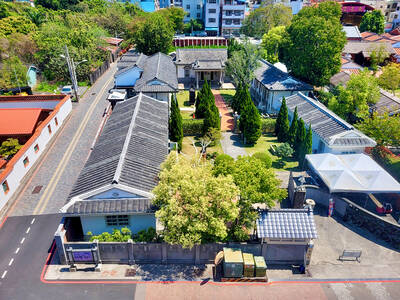
Toward the outside edge of Taichung City, in Wufeng District (霧峰去), sits a sprawling collection of single-story buildings with tiled roofs belonging to the Wufeng Lin (霧峰林家) family, who rose to prominence through success in military, commercial, and artistic endeavors in the 19th century. Most of these buildings have brick walls and tiled roofs in the traditional reddish-brown color, but in the middle is one incongruous property with bright white walls and a black tiled roof: Yipu Garden (頤圃). Purists may scoff at the Japanese-style exterior and its radical departure from the Fujianese architectural style of the surrounding buildings. However, the property